No, Nigel Farage is not a ‘Putin apologist’
His comments about NATO, Russia and Ukraine are being wilfully distorted.

Want to read spiked ad-free? Become a spiked supporter.
Mainstream politicians and pundits have barely been able to contain themselves since Nigel Farage argued that Western powers ‘provoked’ Russia’s invasion of Ukraine. Here it was, another opportunity for our political and media classes to stigmatise the Reform UK leader, this time as a ‘Putin apologist’. Another chance to draw up a cordon sanitaire around the UK’s most prominent populist.
During Friday evening’s BBC Panorama election interview, he told broadcaster Nick Robinson that ‘the ever-eastward expansion of NATO and the European Union’ antagonised Russia, and eventually provided Moscow with an ‘excuse’ to invade Ukraine. As soon as he said this, the condemnation came thick and fast.
The Tories, in particular, were queuing up at the stocks, excrement at the ready. They couldn’t wait to chuck something unpleasant at the man whose party is threatening to overtake them in the polls. Farage is ‘completely wrong’ and ‘playing into Putin’s hands’, squeaked UK prime minister Rishi Sunak. Home secretary James Cleverly accused Farage of ‘echoing Putin’s vile justification for the brutal invasion of Ukraine’. Ex-PM Boris Johnson also waded in, claiming Farage was peddling ‘nauseating ahistorical drivel and… Kremlin propaganda’.
Not to be outdone, Labour eagerly joined in the head-shaking condemnation, branding Farage ‘unfit’ for any political office. Leader Keir Starmer called Farage’s comments ‘disgraceful‘, while former shadow defence secretary John Healey claimed Farage would ‘rather lick Vladimir Putin’s boots than stand up for the people of Ukraine’.
The media have been just as excitedly outraged. Countless right-thinking pundits have enthusiastically heaped scorn on Farage, accusing him of ‘parrot[ting] the talking points of Vladimir Putin’, indulging in ‘dangerously inflammatory’ rhetoric and being ‘Putin’s little puppet’.
The reaction has been wilfully hysterical. Rarely have so many been so outraged by so little. All this spitting of feathers might make sense if Farage had expressed support for Russia’s invasion of Ukraine, or in any way claimed it was justified. But he did neither. In the Panorama interview, he said explicitly that the war is ‘his [ie, Putin’s] fault’. In his follow-up Telegraph piece, he goes further, describing the Russian invasion as ‘immoral, outrageous and indefensible’. He concludes: ‘As a champion of national sovereignty, I believe that Putin was entirely wrong to invade the sovereign nation of Ukraine.’ That is hardly going to make the cut on Russia Today.
What Farage does argue – as he has done for over two decades – is that the eastwards expansion of NATO and the EU first soured and then inflamed post-Cold War relations between the West and Russia. There’s a great deal of truth to this argument. After the disintegration of the Soviet Union, NATO, in particular, steadily moved its borders towards Russia, incorporating the old Warsaw Pact countries in the late 1990s and the Baltic states in the 2000s. It then promised membership to Georgia and then to Ukraine – an infamous ‘red line’ for Russia – in 2008.
This expansion, both real and threatened, slowly but surely intensified the insecurity and anti-Westernism of a weak and humiliated Russian state. It didn’t leave the Kremlin with ‘no choice’ but to invade Ukraine, as Putin suggests. No, NATO and EU expansion certainly didn’t cause the war. But it did help create the conditions in which war became a possibility. It gave Putin the excuse he needed to invade.
To describe this argument as ‘Kremlin propaganda’ is absurd, not least given its provenance. Farage isn’t ‘echoing’ Putin, as Robinson put it on Friday. He is drawing on a long-established critique of the Western states’ post-Cold War approach to Russia. Indeed, the list of those who have made this argument hardly reads like a roll-call of Moscow lapdogs. It was voiced by Jack Matlock, a former US ambassador to the Soviet Union; William Perry, a former US defence secretary; and, most famously, George Kennan, former US diplomat and architect of the US strategy of containment towards the Soviet Union during the Cold War. It was Kennan who called NATO enlargement the ‘most fateful error of American policy in the entire post-Cold War era’.
The claim that Western powers have behaved provocatively towards Russia has even been made by the current CIA director, William Burns. Indeed, it was Burns who, on a 1995 trip to Moscow, warned that NATO expansion was ‘premature at best, and needlessly provocative at worst’. In 2008, Burns even warned that extending NATO membership to Ukraine would cross Moscow’s security ‘red lines’ and ‘could potentially split [Ukraine] in two, leading to violence or even… civil war’.
NATO expansion was all the more dangerous for Ukraine because Western powers never seemed totally sincere in their offers of membership. Intentions were declared, Russia was riled up, but membership continued to elude Kyiv. It ended with the worst of both worlds, with Putin handed a pretext to invade and Ukraine left to defend itself outside of the umbrella of NATO (albeit with sizeable support from NATO members).
Even some of the people currently condemning Farage once raised their own concerns about the West’s posturing over Ukraine, including one Boris Johnson. Back in May 2016, Johnson defended NATO, but argued that ‘EU foreign policymaking on the hoof, and the EU’s pretensions to be running a defence policy… have caused real trouble… in Ukraine’.
So, this is an argument that has been made in various forms by diplomats, CIA directors and a certain ex-PM, none of whom can be accused of having pro-Russian sympathies. That this argument has now sent Britain’s political and media classes into paroxysms of indignation clearly owes more to the identity of the speaker than what he actually said.
They can’t seem to cope with the presence, during this most dreary of General Elections, of someone like Farage – a figure who, for all his and his parties’ limitations, is at least willing to challenge the technocratic consensus. The elites want a populism-free election, fought entirely within ‘sensible’ bounds. One in which they all profess their love for the NHS, talk up their green credentials and indulge in easy posturing against Russia, China and the rest. They certainly don’t want Farage turning up, like a ghost from referendums past, to challenge the stale political status quo.
This is why mainstream politicians and establishment journalists are taking every opportunity right now to paint whatever Farage says in the worst possible light. He questions Sunak’s patriotism after the D-Day gaffe, and he’s accused of ‘racist dog-whistling’. He questions record levels of net migration, and he’s accused of xenophobic bigotry. He questions Western states’ long-standing approach to Russia, and he’s accused of licking Putin’s boots.
The outrage that currently follows Farage’s every utterance says less about him than it does about our elites, and their shrill inability to tolerate any dissent.
Tim Black is a spiked columnist.
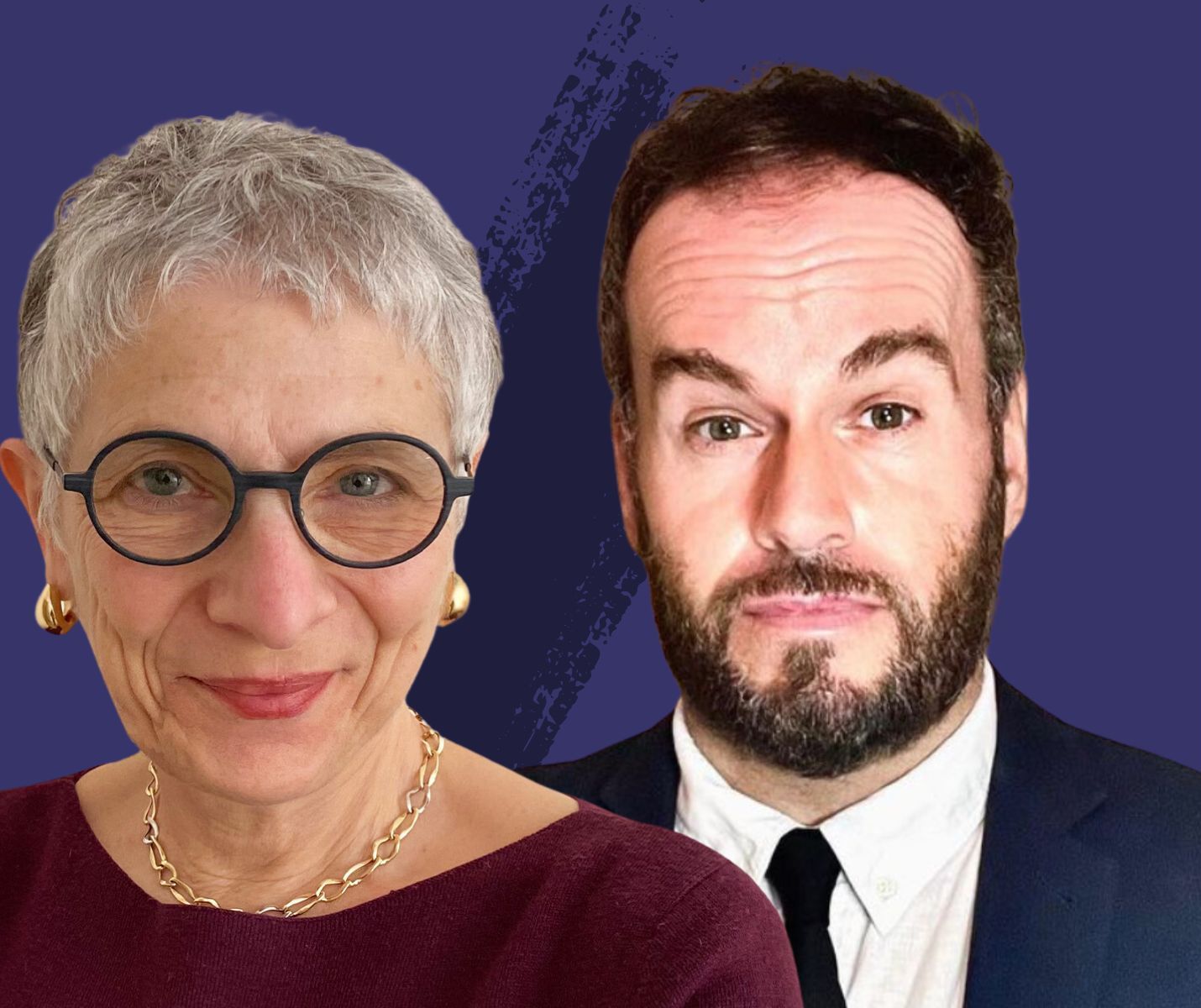
Melanie Phillips and Brendan O’Neill – live and in conversation
Wednesday 26 June – 8pm to 9pm BST
This is a free event, exclusively for spiked supporters.
Picture by: Getty.
To enquire about republishing spiked’s content, a right to reply or to request a correction, please contact the managing editor, Viv Regan.

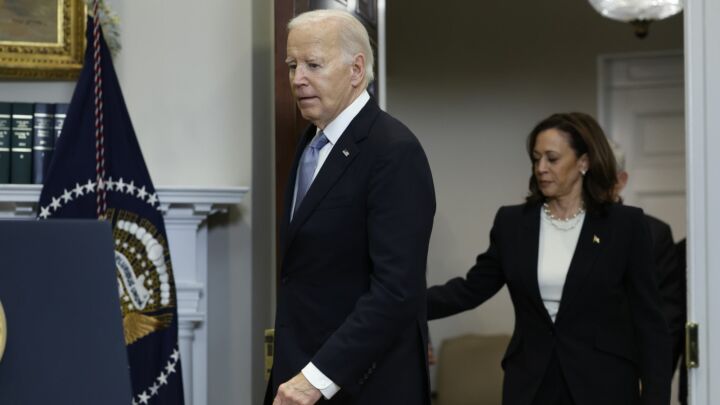

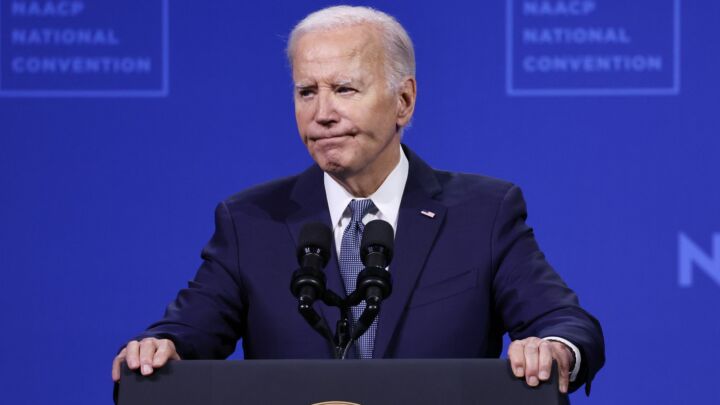
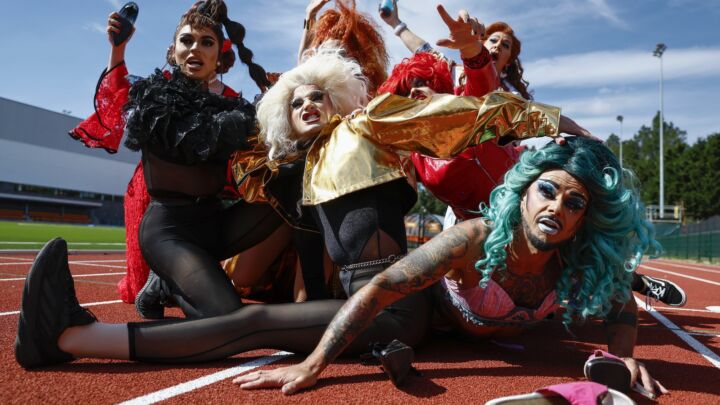
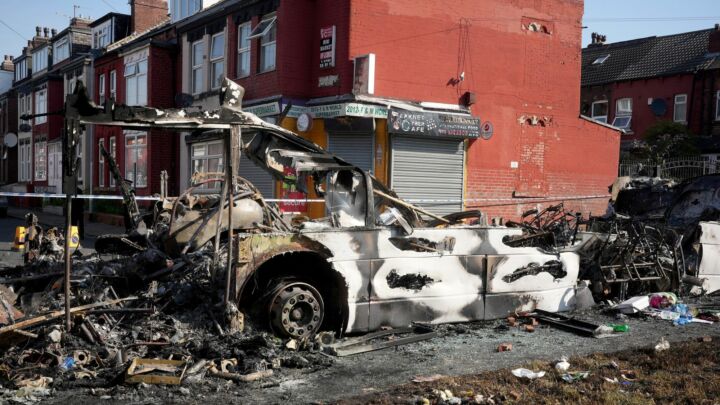


Comments
Want to join the conversation?
Only spiked supporters and patrons, who donate regularly to us, can comment on our articles.